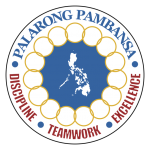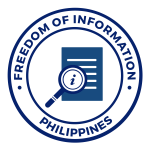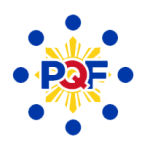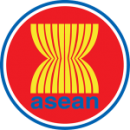The Child Protection Unit (CPU) is an office created to strengthen the implementation of the Child Protection Policy and to establish a mechanism to fully operationalize, implement, and coordinate programs, projects, and activities pertaining to child protection.
The CPU envisions that learners in the Philippines are protected from violence, exploitation, discrimination, bullying, and other forms of abuse in schools where their right to quality and inclusive education is respected, promoted, and fulfilled.
CPU believes that the protection of the rights of children is possible when everyone is involved. This office envisions that children are safeguarded while the duties of the parents, school personnel, and the community are maintained through positive and non-violent discipline. The Child Protection Policy is a means to create a safe environment where the child is protected, safeguards are in place, and authority is maintained in a conflict-free way.
The CPU shall perform the following functions pertaining to the right of the child to protection in basic education:
Formulate policies concerning all matters pertaining to the right of the child in basic education to protection from all forms of violence, abuse, neglect, cruelty, exploitation, and maltreatment;
Serve as the lead office in planning, implementing, coordinating, monitoring, and evaluating programs, projects and activities;
In coordination with various offices of the Department, give due emphasis to integration of child protection in the basic education curriculum, instruction and assessment;
Initiate and coordinate cooperation or partnership activities partners and stakeholders; and
Establish and maintain a monitoring and reporting mechanism for all child protection-related concerns.
The Child Protection Policy recognizes the concerns of the children who are gravely threatened or endangered by all kinds of violence, exploitation, and abuse that affect their normal development and their rights to education such as:
Child abuse;
Discrimination against children;
Child exploitation;
Sexual and Economic Exploitation;
Violence against children committed in school;
Bullying and peer pressure;
Corporal Punishment, and
All forms of Abuse.






